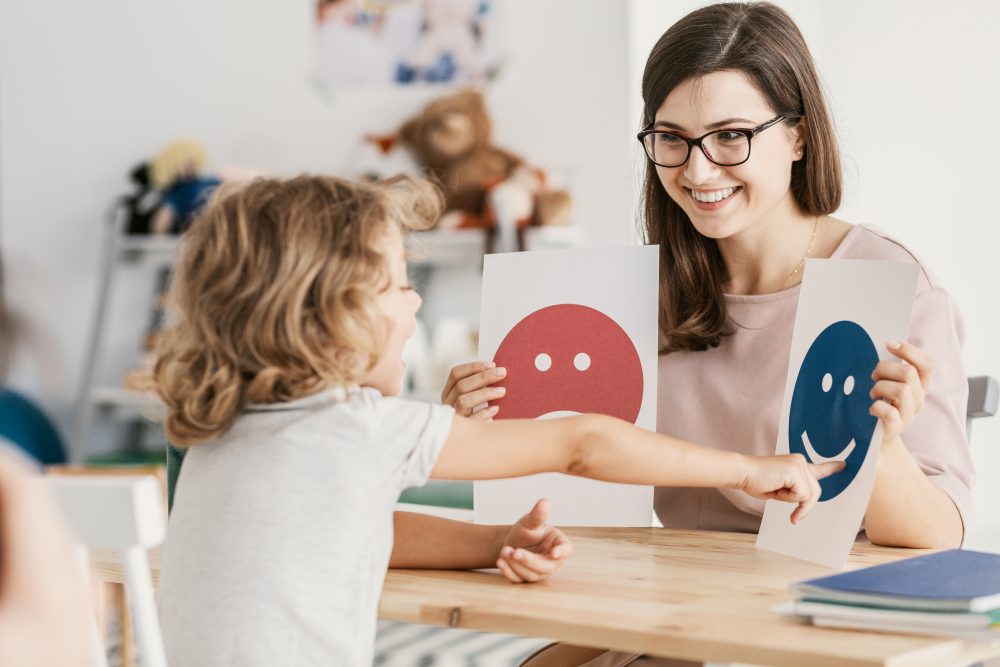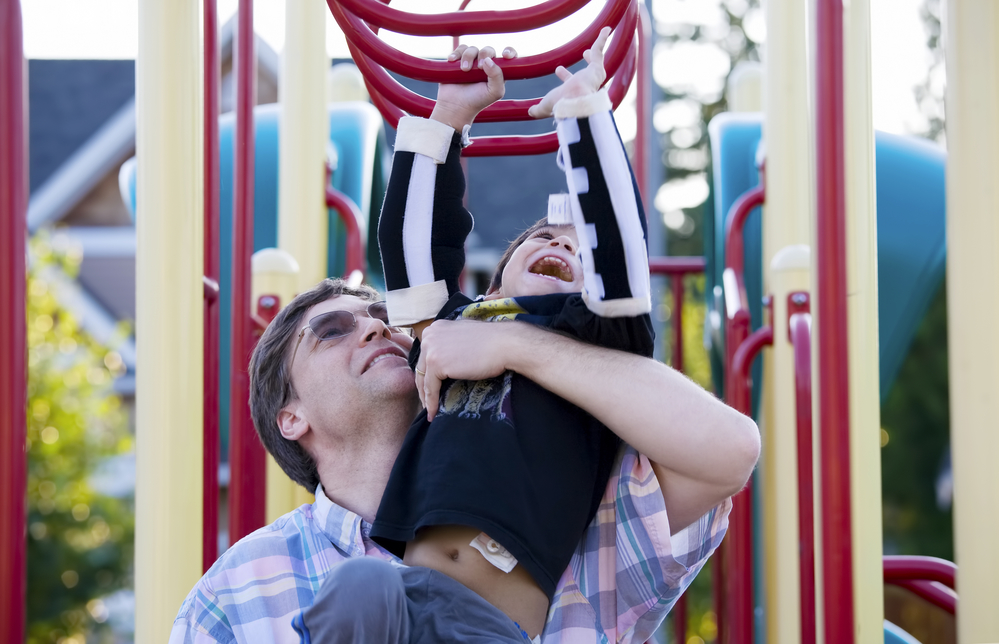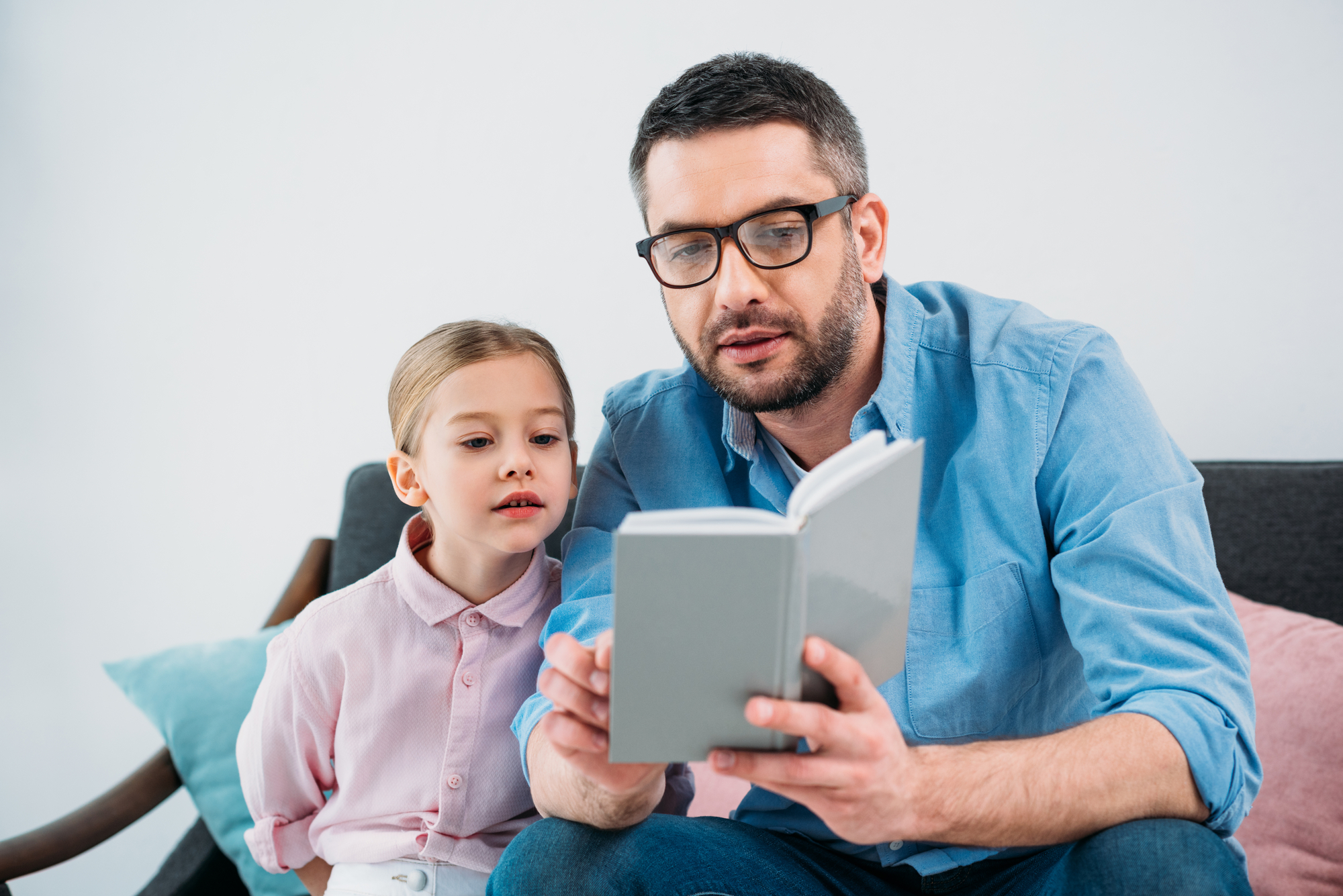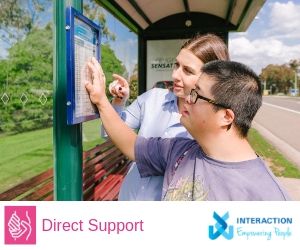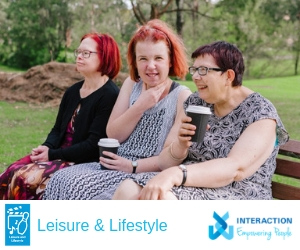There can be many and varied life adjustments when one of your children is diagnosed with a disability. When you have other children as well, a flood of questions or thoughts often start to come in your own mind like: Do I tell them? What do I tell them? How much do I tell them? When is the right time? How do I even explain what is going on when I am still trying to understand it?! If any of this sounds familiar, you are not alone. Many parents feel exactly the same way!
The phrase ‘knowledge is power’ is very true when it comes to the sibling experience. The level of detail will depend on the age, personality and skills of your child. Even pre-schoolers will notice that something is ‘different’. Without information from parents and informed support networks, children may get their information from well-intended and misinformed sources, including other children. To start, stick with some basic facts about how the disability impacts their brother or sister day to day.
Depending on their age, you may also explore what your child already knows/has been told. You can also talk about how everyone is ‘different’ (e.g. mum, dad) and that it is not good or bad, just different. Choose a time that suits you and your child, where there are not loads of distractions or pressing commitments. Talking while quietly colouring in together is one helpful example. Some areas to think about include how your child with a disability moves, talks, hears, behaves, interacts, sleeps or eats.
This can then start a conversation about their siblings experience and also the impact on the whole family, if things like extra doctor visits, aids and therapy programmes become part of daily/weekly life. Encourage your child to ask (and keep asking) questions and make the time to answer them. This then often starts to happen in the moment and becomes easier to answer or discuss. Some questions or statements may be confronting or raw for you too. It is OK in this moment to acknowledge they have a great question or what they are saying is important and that you need time to think about it and answer their question. Let them know when that will be. Take some time to look after yourself. A trip to the bathroom can be a practical way to get 2 minutes to yourself!
Always get back to your child with a response. There may be some situations where certain facts are kept for the adults and older teens (e.g. terminal illness) and this is something for each family to decide. Children (and adults) can react in many different ways. It is important that siblings have the opportunity and reassurance to express ALL of the feelings and reactions they may have. This will help them feel listened to, important, valued and open up opportunities for more conversations. Children may want to then go and talk to their friends about their siblings’ disability. This is a good thing. They may want to role play or practice with you first. Be prepared that their friends may have mixed reactions too. This may also mean more reactions from your child. Provide some extra support to your child. Over time, this will help your child to cope with challenging situations, building their life skills.
After you start to discuss the diagnosis with your child, you might start to notice some other behaviours emerge. Make the time to think about and consider from your child’s perspective why this might be happening and consider ways you could support them, for any behaviours that are unhelpful. Remember though that all siblings fight from time to time, they don’t need to be happy with each other 100%of the time! Be sure to notice and openly celebrate any positive behaviours such as nurturance, engagement and patience
For further information or assistance, contact Interaction Disability Services.
You might also like to read:
Getting Along: How to skip the sibling rivalry and raise best friends


